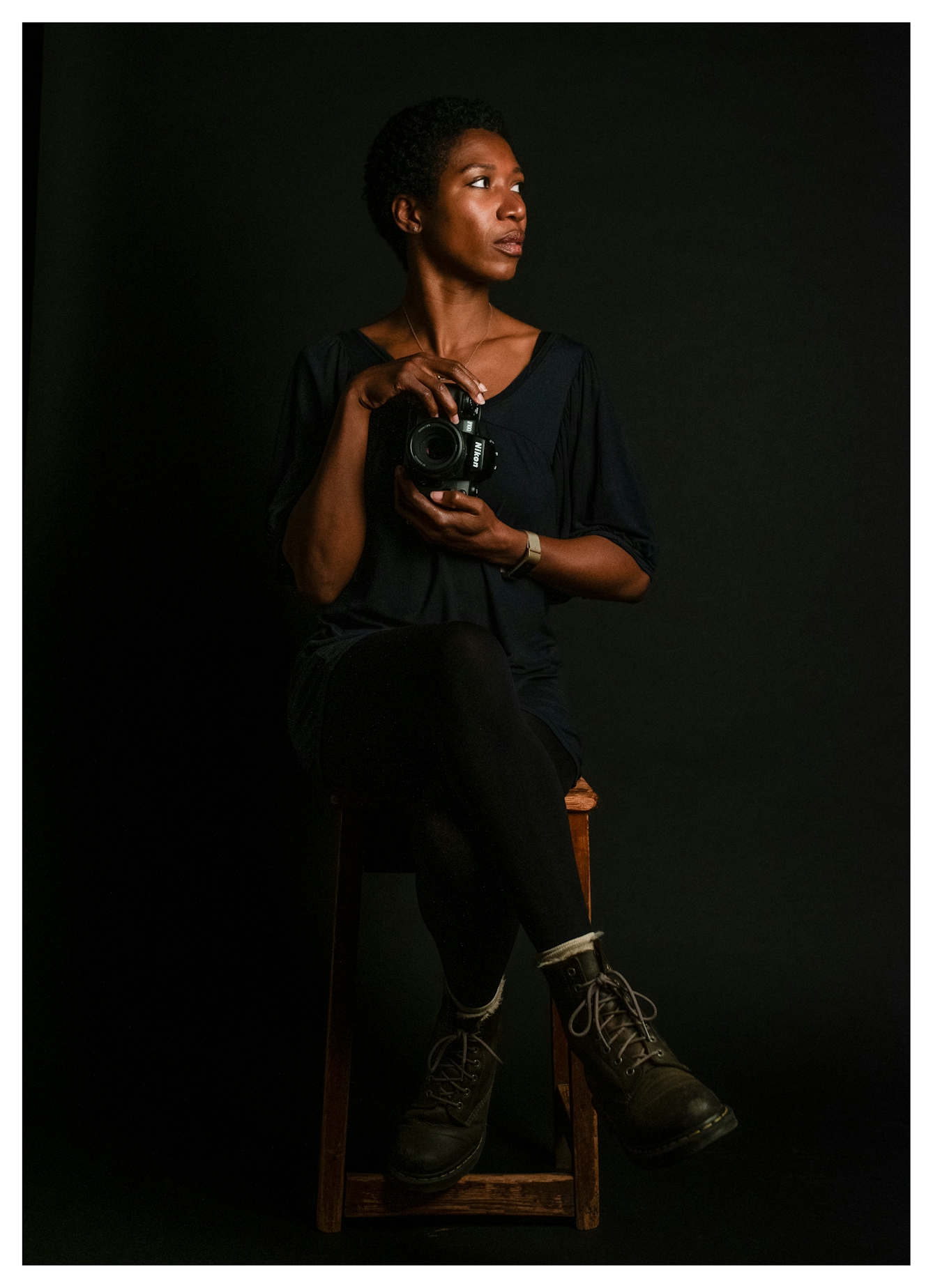Being diagnosed with ADHD was ultimately a relief for Verity Babbs, but she had mixed feelings about taking medication. She worried about being wedded to too many pills but also wondered whether the drugs might help. Verity decided to find out and began taking the ADHD meds a few months later, her prescribed dose gradually increasing over time. This is her diary of that titration process and how it affected her life.
I was diagnosed with inattentive ADHD on 30 May 2022. I was 24. I spent the next few days crying with relief, followed by a week or so feeling uncontrollably furious that for two decades I’d been berating myself for being ‘lazy’ or ‘stupid’.
Having ADHD was not on my radar until a therapist suggested I might want to look into whether I might be neurodivergent. Up until October 2021, I had put my inability to deal with conflict, short attention span and sensory overwhelm down to being an only child. In an earlier therapy session offered for free by my workplace during the 2020 lockdowns, a therapist put these qualities down to me being spoiled. Ouch.
Diagnosis brought with it the possibility of medication. As someone already taking drugs daily for other conditions, internalised ableism made me concerned about becoming someone who took pills for everything, as if they weren’t things I could truly need. But what if medicating turned out to be the best thing that had ever happened to me? Shouldn’t I at least try?
Titration started five months later. I would start on a low dose of a stimulant medication which would be slowly raised over the course of six weeks. It was organised through a corporate-feeling online portal and the pills were sent to me in the post. Each time I changed dosage I would need to fill out an auto-generated form to monitor any progress or side effects.
I decided to keep track with this more personal titration diary too.
7 October 2022
18 mg methylphenidate
The first boxes of pills arrived yesterday and, like a nervous dieter, I’ve been promising myself ever since that I’ll “start on Monday”. I call my mum to talk through how I’m feeling and decide to jump in at the deep end and take the first pill while on the call. I spend the rest of the day waiting for an effect to hit me like an epiphany. It doesn’t.
14 October 2022
18 mg methylphenidate
After three days of taking 18 mg I start to experience real changes. Before, if I had three tasks to do in the day, it felt like there were vast gaps of grey between doing them, and I could never describe what I spent that grey time doing. Now I’m going from task A to B to C with no gaps and have time to do additional tasks because the grey has been banished. My mood has improved massively because I am less stressed about my productivity. No side effects so far.
21 October 2022
36 mg methylphenidate
Moving from 18 mg to 36 mg a day has been hard. The benefits have stayed the same, but I’m now feeling anxious and my appetite has tanked. It’s frustrating, like when I had Covid and couldn’t taste. A friend is visiting, so we’re going to my favourite restaurants, but I can’t bear to eat anything.
A colleague had told me about this side effect. She’d celebrated ADHD medication for helping her lose “a stone almost immediately”. I have a history of eating disorders and I’m finding this difficult. Old voices in my head are thrilled – finally, I’ll be thin. I’m battling to quash these thoughts.
I raise these concerns with the doctor online, asking if we can stick with 18 mg per day. They inform me that we should continue with the titration process, and that “this period is important to maintain a good understanding of the medication effect on the ADHD symptoms after a full titration”. I feel told off; they might as well have said, “You know what you signed up for.”

Emma Goulding – photographer and scientist
For me the titration process was quite long by all accounts (about seven months in the end) and very, very expensive. Emotionally it was a rollercoaster… complicated by concurrent mental health issues and extreme burnout… I was 42 when I was diagnosed and I’m still processing that diagnosis over a year later. In the early days, it seemed as though pennies were dropping every day, like one of those slot machines in the arcades!
28 October 2022
54 mg methylphenidate
This dose has been very difficult to live with. I’ve been struggling to sleep and my anxiety is through the roof. I’m a freelancer and jobs often pop up last minute. I accept an exciting job offer, but it leaves me weeping for hours. I was already overcommitted and end up having to take two important calls on the move through London. I’m exhausted and feel frightened that I will always feel like I’m on a hamster wheel.
When you have ADHD, your emotional and organisational skills are impaired. It’s difficult to know if the reactions I’m having are because of the ADHD, my new freelance career, or the medication. It’s like a bad science experiment at school where there is no control.
In the comments section of the online feedback forms I tell the doctor that I can’t stay on this, just a few days into the new 54 mg dose. “You can take 18 mg from tomorrow and I will send you an information leaflet for a different medication.”
20 November 2022
20 mg lisdexamfetamine
I’ve enjoyed returning to 18 mg of methylphenidate a day. I have the headspace to rearrange my schedule and give myself a few days off. I start sleeping again. Then the lisdexamfetamine arrives.
The swap to lisdexamfetamine is hard. Again, it’s difficult to know what is a symptom, side effect or just life. I am short-tempered and a pain to live with. I give feedback to the doctor through the online forms, and they tell me to ask my GP to check my physical health. “You might need to check the state of your thyroid and ovaries, as it might affect your mood.”
I ask to go back to the 18 mg dose of methylphenidate I liked, and he suggests I “have an easy approach to start with” and take some of the old medication along with the new one to transition. I refuse to start taking a cocktail of the drugs that are already upsetting me, so I grit my teeth and continue with the process, feeling disillusioned and gaslit.
2 December 2022
30 mg lisdexamfetamine
The anxiety from the last dose has faded but I’ve been feeling wired. It’s affecting my sleep and impulsivity. I’m finding it impossible to stop working at night but can’t tell whether it’s just the long winter nights messing with my body clock.
I’m still unpleasant to live with. There have been several occasions when my anxiety has spiralled, reawakening thoughts of self-harm. I’ve reacted this way to anxiety for the whole of my adult life, putting it down to personal failure. I promise my partner that I will go back to therapy.
10 December 2022
30 mg lisdexamfetamine
I was packing for a holiday to Amsterdam when I realised that I won’t have enough medication for the trip. I emailed and more pills were sent but they don’t arrive in time. I have a couple of days while away when I don’t take my medication. To my surprise I’m fine and there’s no ‘come-down’. I’m happy on holiday because I’m stimulated and away from my emails.
20 December 2022
40 mg lisdexamfetamine
The medication arrives and the box says 20 mg. I’m relieved, as I have not hugely enjoyed 30 mg. But I look again, and it says to take two tablets per day. I know they said it would take several weeks to reach the right dose, but by this point I am exhausted and just want titration to be over. It’s a struggle to remember to fill out the online forms, which seem to never end.

Dr Josie Peters – astrophysicist, illustrator, comedian
I was amazed by how anti-ADHD the whole process of getting your prescription is. It’s a lot of coordination and remembering for a group of people who literally have a disability that affects their working memory, prioritisation and time management. Once, due to a combination of my prescription not going through on the app, and on three occasions the pharmacy not having any stock, it took me two months to pick up one month’s dose.
28 December 2022
40 mg lisdexamfetamine
I took the two 20 mg pills every day for three days before calling it quits. I stopped sleeping and my appetite vanished again. I began taking one pill and decided to tell the doctor after the fact. I ask that this be the final dosage. Even though the very first week of titration was definitely the best, I am feeling so done with the process that I am happy to land on this other brand as the final pick. More than anything I just want consistency.
10 January 2023
20 mg lisdexamfetamine
I am so much happier and better in control of my life on this dosage. I can sleep, eat and regulate my emotions much better than when I was unmedicated. The benefits of being medicated – the increased productivity and mental clarity – have always stayed the same, no matter my dose, it’s only the side effects which have increased in sync with the higher doses. I am ready for this process, and the constant forms, to be done.
7 February 2023
20 mg lisdexamfetamine
Since January I have been on the same dose, but the online forms keep being generated each week. With each form I ask how to confirm 20 mg as my final dose. I also request that my drugs be prescribed through my GP rather than the online portal. I finally learn that I will receive a certain amount of medication during a “transition period”, after which time my GP will be able to take over, but I’m not sure when, or if there’s anything I need to do to make this happen.
14 March 2023
20 mg lisdexamfetamine
I tell a friend about titration and find myself downplaying the impact the medication has had. I was worried for a while that the positive effects were wearing off. But, after a nearly six-month-long titration process, I think how I feel now has just become my new default. I wasn’t sure whether I wanted to take medication long term, but maybe I’m taking this new normal for granted.
20 April 2023
20 mg lisdexamfetamine
Today I read back through this diary. I’d forgotten how intensely angst-filled those first few weeks of titration were. Looking back has reminded me ADHD isn’t a finite thing that medication can ‘fix’, but a lifelong part of my wiring that will require lifelong tending to.
In the final online forms they ask the same 18 questions as at the very beginning: “How often do you have trouble wrapping up the final details of a project, once the challenging parts have been done?”, “How often do you feel overly active and compelled to do things, like you were driven by a motor?”, “How often do you have difficulty unwinding and relaxing when you have time to yourself?”
I take a minute to take in quite how seismic the changes have been. My “always” or “most of the time” answers have become “sometimes” or “rarely”. Despite its flaws and the length of the process, I’m grateful to have the written evidence for how much the medication has helped me.
9 May 2023
20 mg lisdexamfetamine
I spoke to a doctor on a video call through the portal to finally have my prescription signed off and sent to my GP. Discussing the titration process and the improvements I’ve experienced since I’ve been medicated has made for a really satisfying end to this titration.
During this period I have often felt at the behest of anonymous medical administrators online, and a little resentful at the sense of losing autonomy within the process. But despite its frustrations and how long it has taken, I do feel that it has been worth it. I’ve never felt in more control of my emotions or better able to pursue the challenges I set for myself, and I am confident that the medication has played a key role in this. Will I stay medicated for a long time? I can’t say. But for right now, it is a gift.
About the contributors
Verity Babbs
Verity Babbs is an art critic, presenter, and host of ‘Art Laughs’ art-themed comedy events. She graduated with a History of Art degree from Wadham College, University of Oxford, in 2019 and has worked since to make conversations about art more accessible and joyful.
Emma Goulding
Emma Goulding is a registered clinical scientist, photographer and writer. Through her art and writing, she interrogates her life experiences at the intersections of race, gender, age and neurodivergence to increase awareness and understanding.


